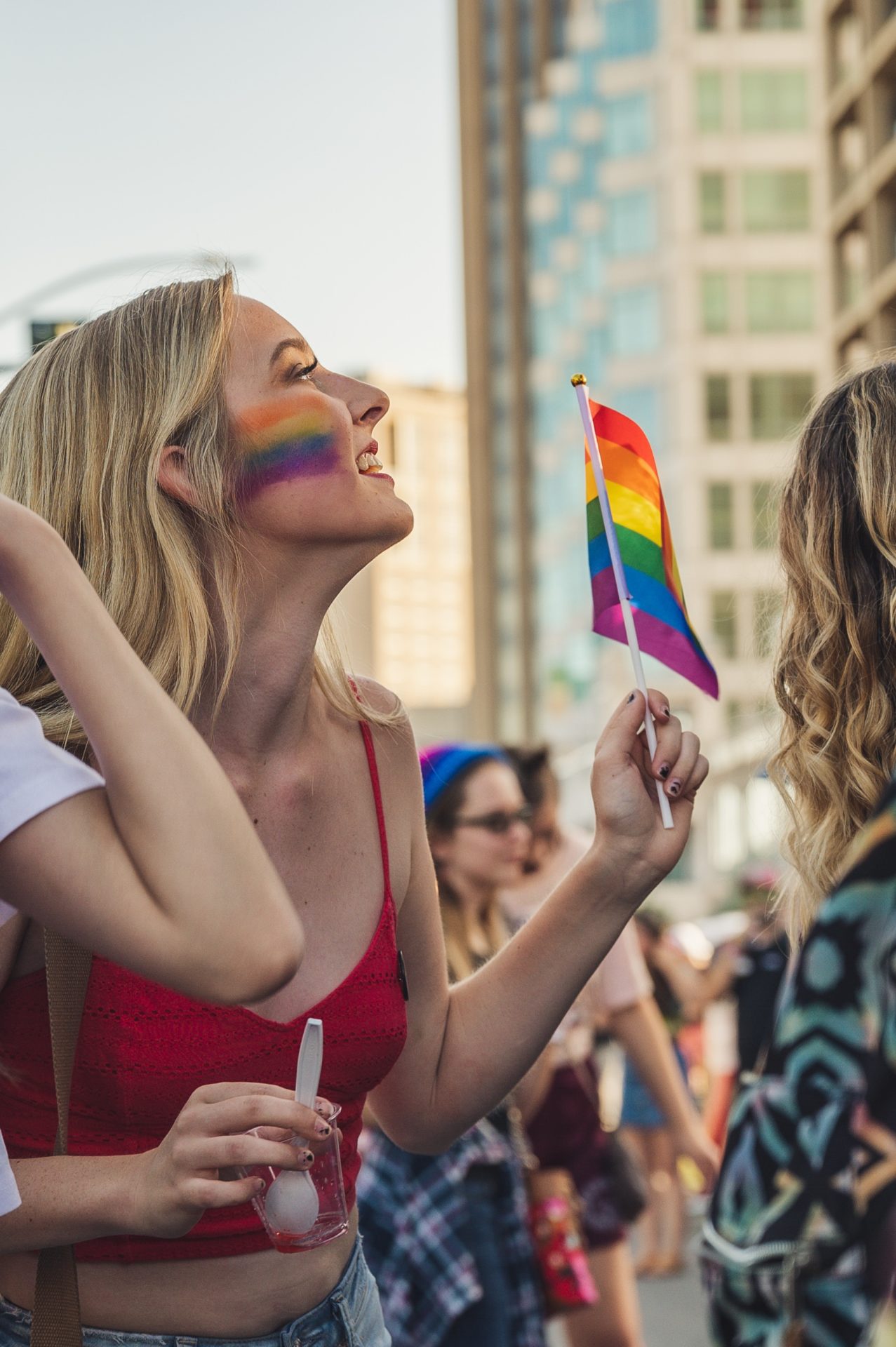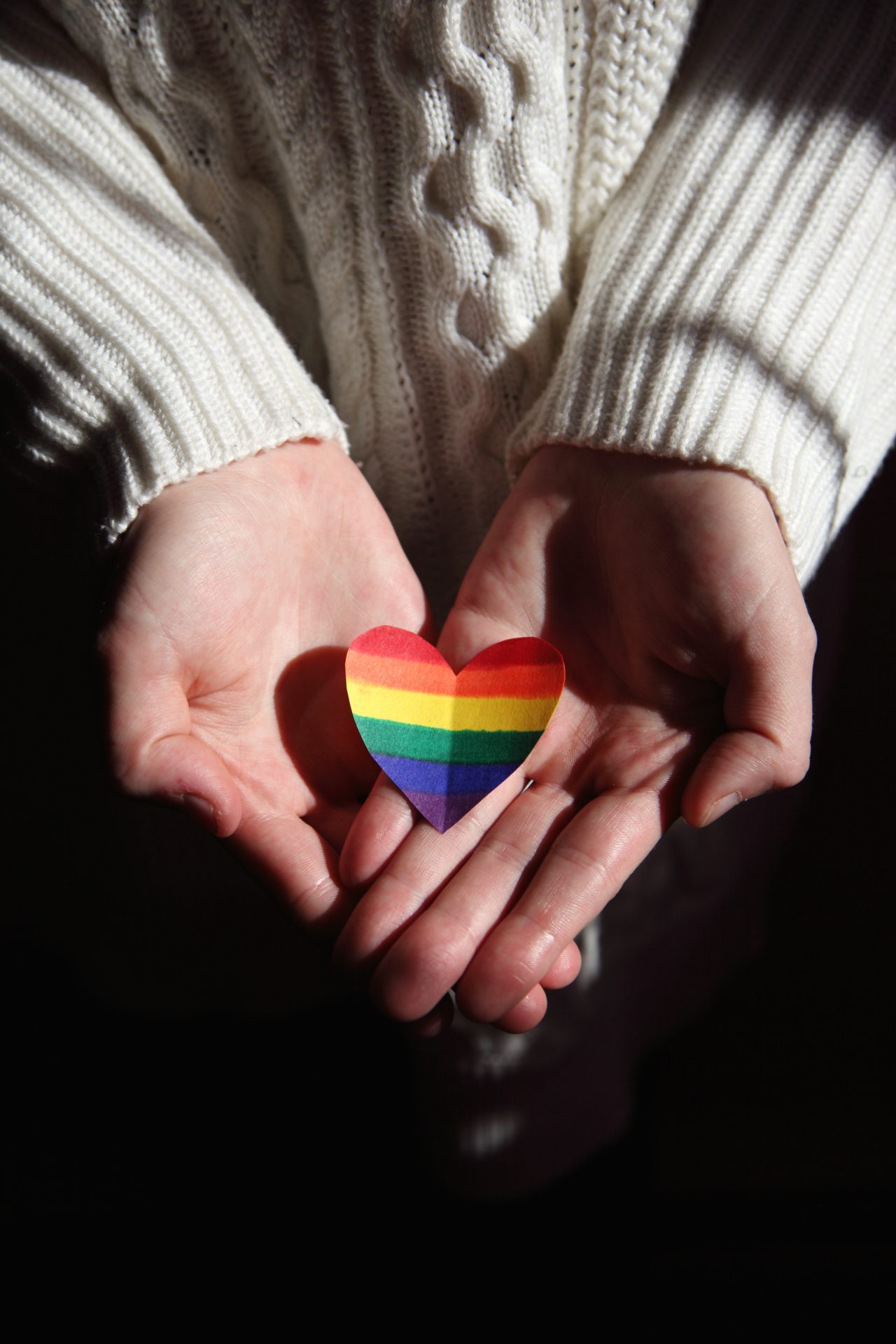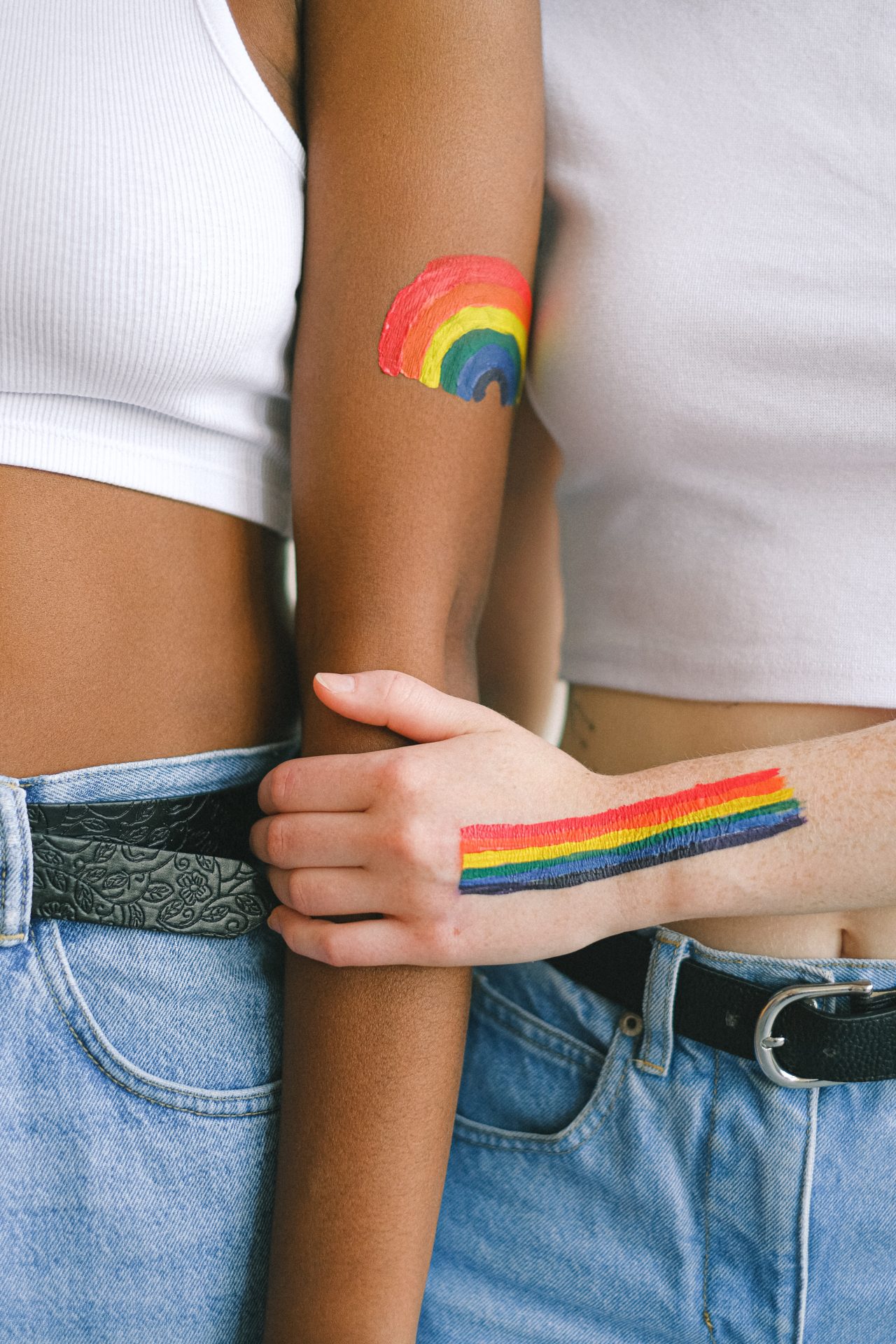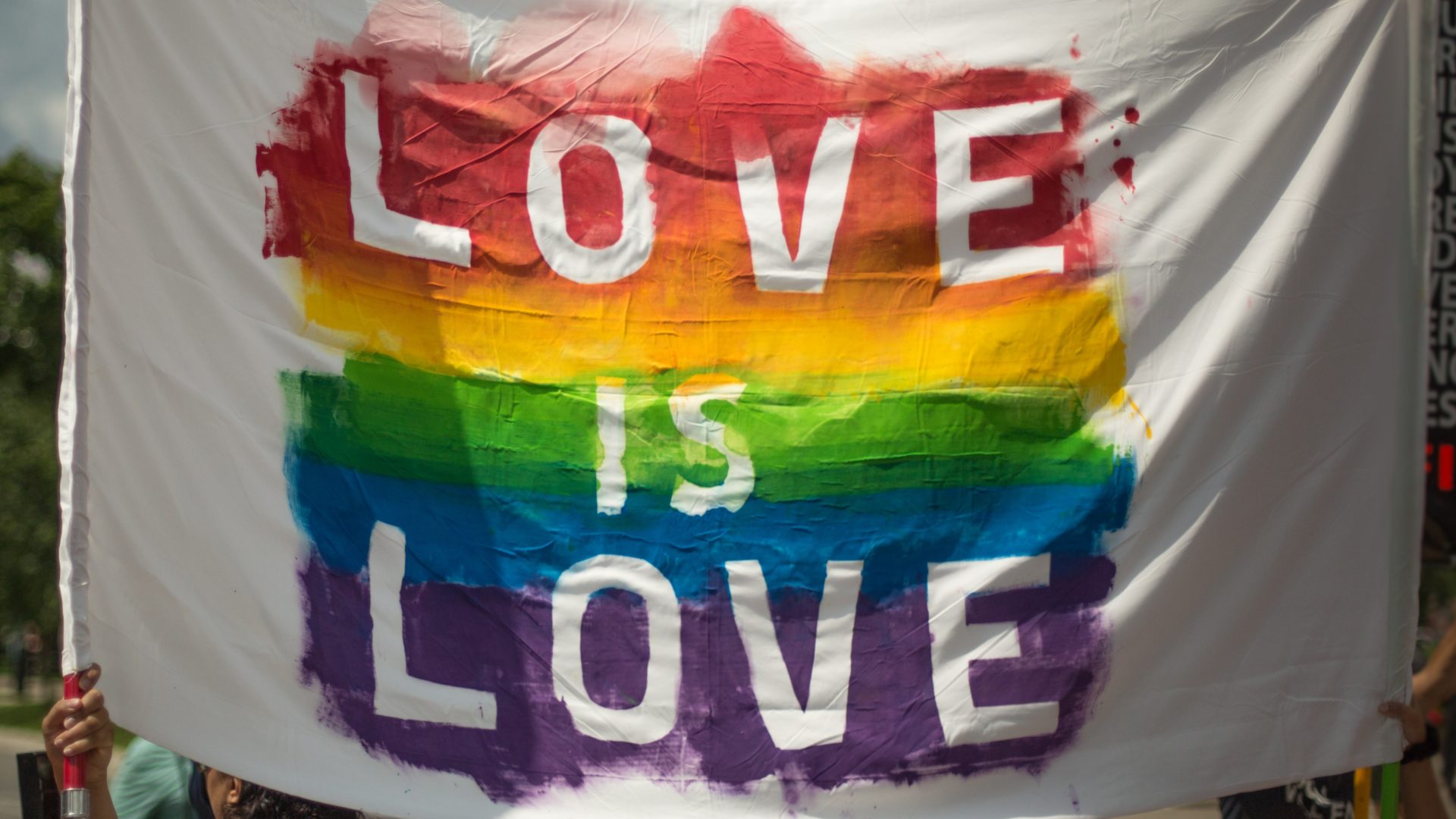
LGBTQ+ History Month
LGBT+ History Month is celebrated each February to recognise how far we’ve come in tackling discrimination based on sexuality and reflect on our achievements. It’s also a time to educate people to stop the stigma and discrimination, and to improve equality around gender and identity.
At All Strong, we want to create an online community that welcomes everyone, no matter your race, age, gender, or sexuality. We are always seeking to learn more and educate ourselves and others on diversity and equality. We also help to create safe spaces for trans and non-binary folk. For example, Sophie, our Yoga Nidra coach, specialises in Yoga and cycle awareness for all Womxn.
LGBT History Month is an annual month-long observance of lesbian, gay, bisexual and transgender history, and the history of the gay rights and related civil rights movements. It was founded in 1994 by Missouri high-school history teacher Rodney Wilson.
The primary aim of LGBT History Month is to teach young people about the history of the gay rights movement and to promote an inclusive modern society.

While LGBT History Month originated in the US in 1994, in the UK it began 11 years later following on from an initiative that was created by a couple of teachers.
In 2005, educators and activists Sue Sanders and Paul Patrick organised LGBT History Month as part of a “Schools Out UK” project, a programme that aims to educate young people about the issues members of the LGBT+ community face and to make schools feel inclusive for everyone, regardless of their gender identity or sexual orientation.
The theme for LGBT History Month 2019 was ‘Peace, Activism and Reconciliation’, while both last year and this year it is ‘Body, Mind, Spirit.’

So, why should we still celebrate LGBT History month in this “liberal” day and age? The answer is, although there have been leaps forward in recent years – for example the legalisation of gay marriage – we unfortunately still have not created a truly equal society yet.
For example, members of the LGBT community:
- Are more likely to experience a range of mental health problems such as depression, suicidal thoughts, self-harm and alcohol and substance misuse.
- Are at a greater risk of experiencing hate crime compared to heterosexual people, with certain LGBT groups found to be at particular risk, including gay men, young people and those identifying as LGBT from black and ethnic minority groups.
- Are less satisfied with their life than the general UK population.
And that’s just in the UK. There are still 72 jurisdictions in the world that criminalise “private, consensual, same-sex sexual activity”, according to Human Dignity Trust.
Remembering the history of the LGBT+ community is to realise that we’ve come a long way. Being homosexual, for example, was a crime in the UK until 1967.
We only got to where we are today thanks to the fights of previous generations – their stories are an inspiration for the movements of today.


